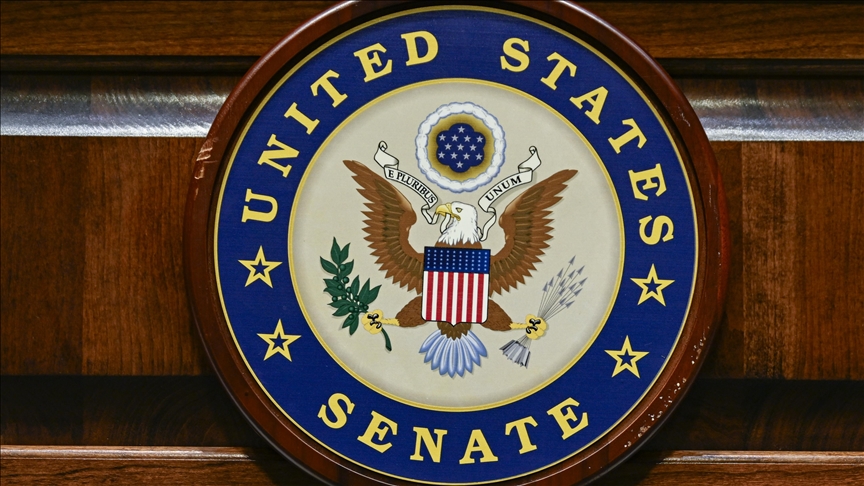US senators split over damage assessment on Iran’s nuclear sites after briefing
Democrats question administration’s claims of 'obliteration' while Republicans express confidence in damage to Iranian weapons program

ISTANBUL
US senators were divided in their assessments Thursday following a classified briefing on American airstrikes on Iran's nuclear facilities, with Democrats questioning the Trump administration’s claims while Republicans defended the operation's success.
Senate Democratic Leader Chuck Schumer criticized the lack of a "coherent" strategy, saying he "did not receive an adequate answer" when questioning President Donald Trump's claim that Iran's nuclear sites were "obliterated."
"What was clear is that there was no coherent strategy, no end game, no plan," Schumer told reporters, calling for enforcement of the War Powers Act, a congressional resolution designed to limit the president’s ability to initiate or escalate military actions abroad without congressional approval.
Connecticut Senator Chris Murphy said the briefing confirmed his assessment that the strikes only set back Iran's program "by a handful of months," not the complete destruction Trump claimed.
"The allegations that we have obliterated their program just don't seem to stand up to reason," Murphy said.
He defended diplomacy as the way to deal with Iran's nuclear program, adding: "You cannot bomb knowledge out of existence no matter how many scientists you kill."
Arkansas Senator Tom Cotton expressed confidence in "catastrophic damage" to Iran's nuclear infrastructure, citing the targeting of scientists, centrifuges and conversion facilities over 12 days.
"That's why we're confident, since all of those are single points of failure in an effort to get a nuclear weapon, that we have had an extraordinary success," Cotton said.
South Carolina Senator Lindsey Graham said the sites were "obliterated" but warned that Iran retains nuclear ambitions, saying the problem persists "as long as they desire one."
"I don't want people to think the problem is over, because it's not. They're going to keep trying this," he said.
North Dakota Senator John Hoeven cited CIA assessments indicating one to two years recovery time, suggesting the demonstration of American capabilities creates new diplomatic opportunities.








